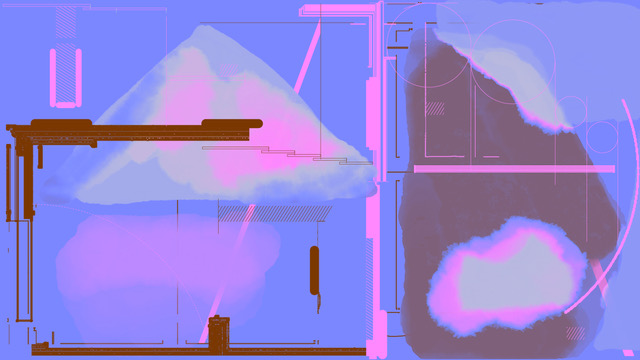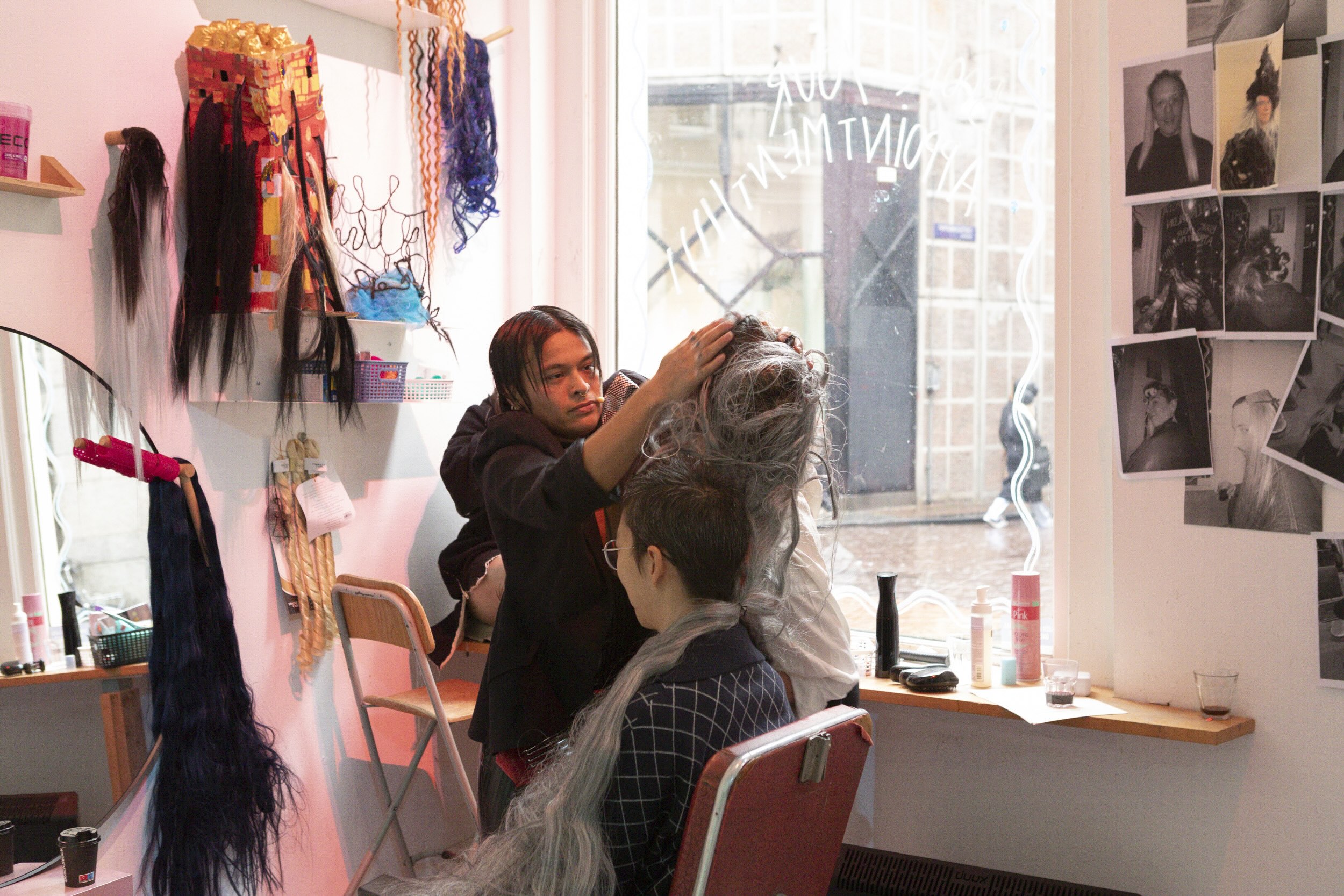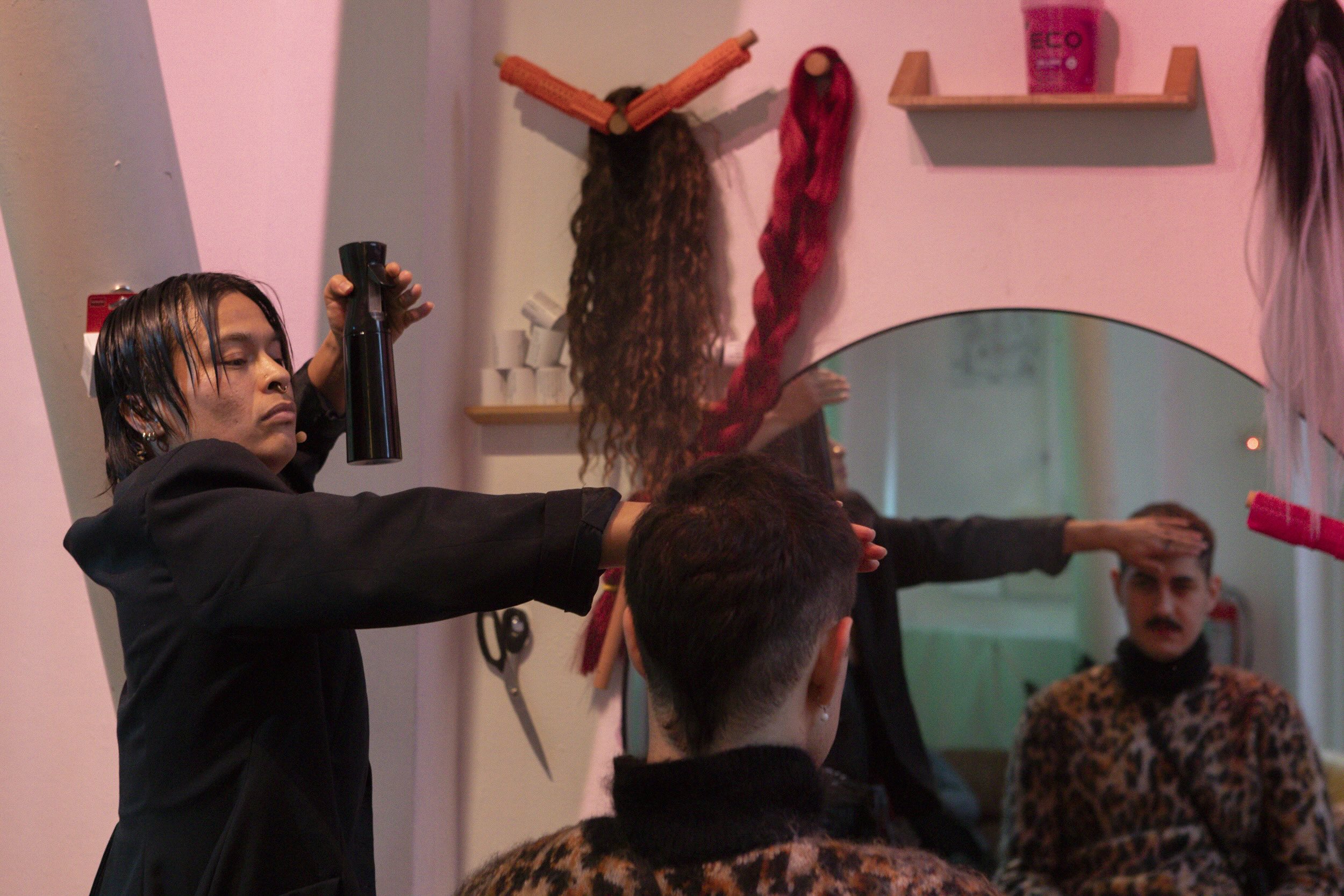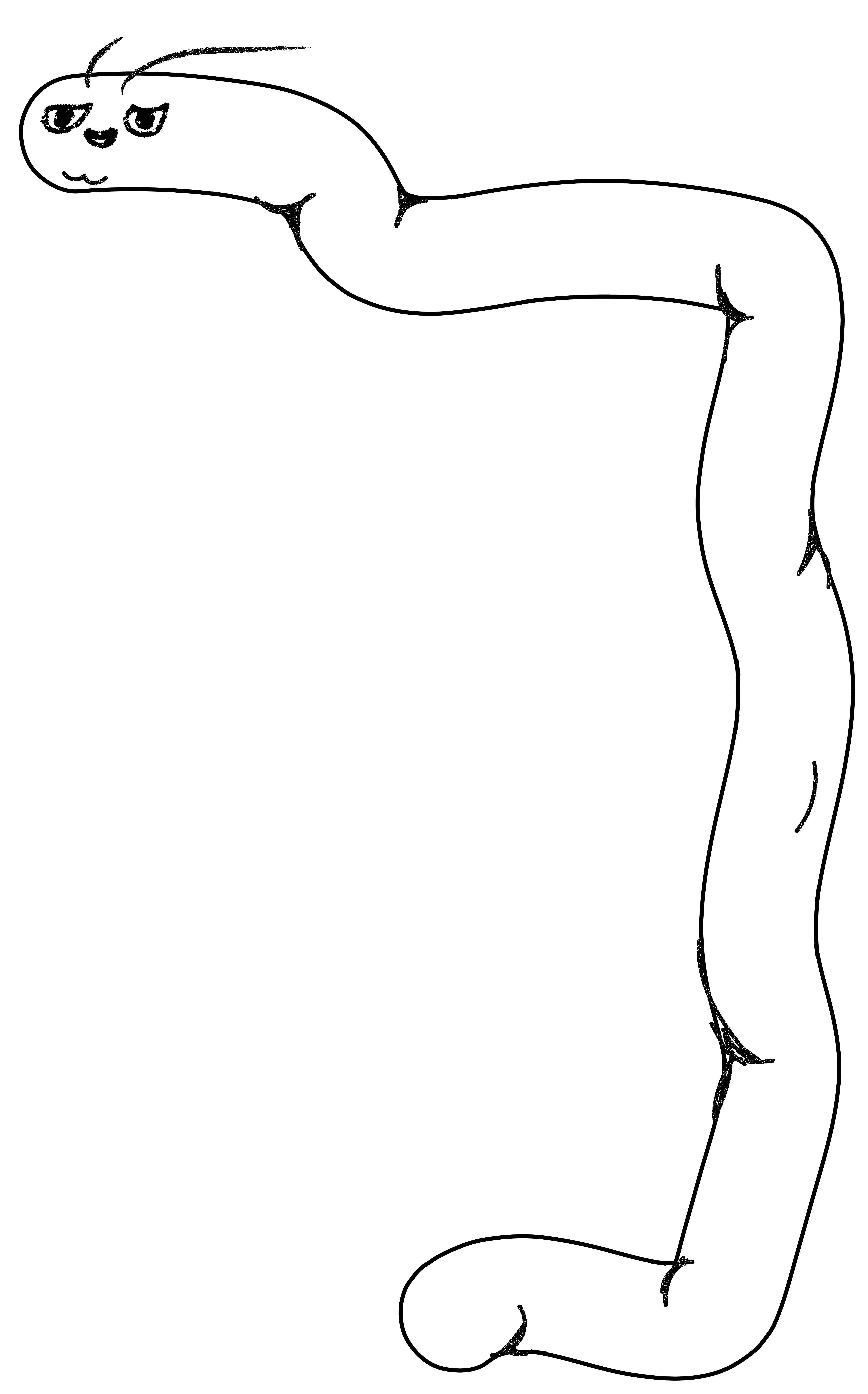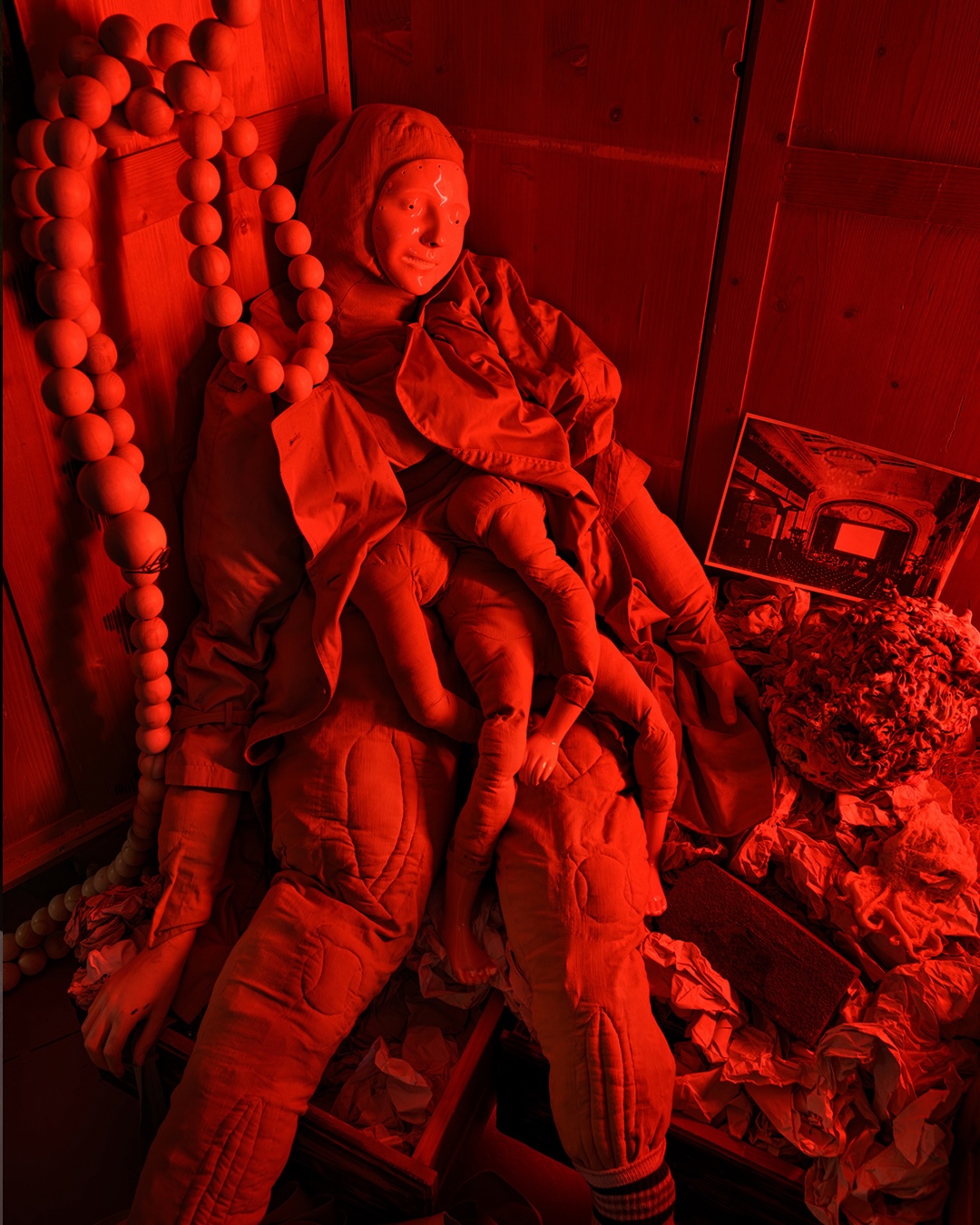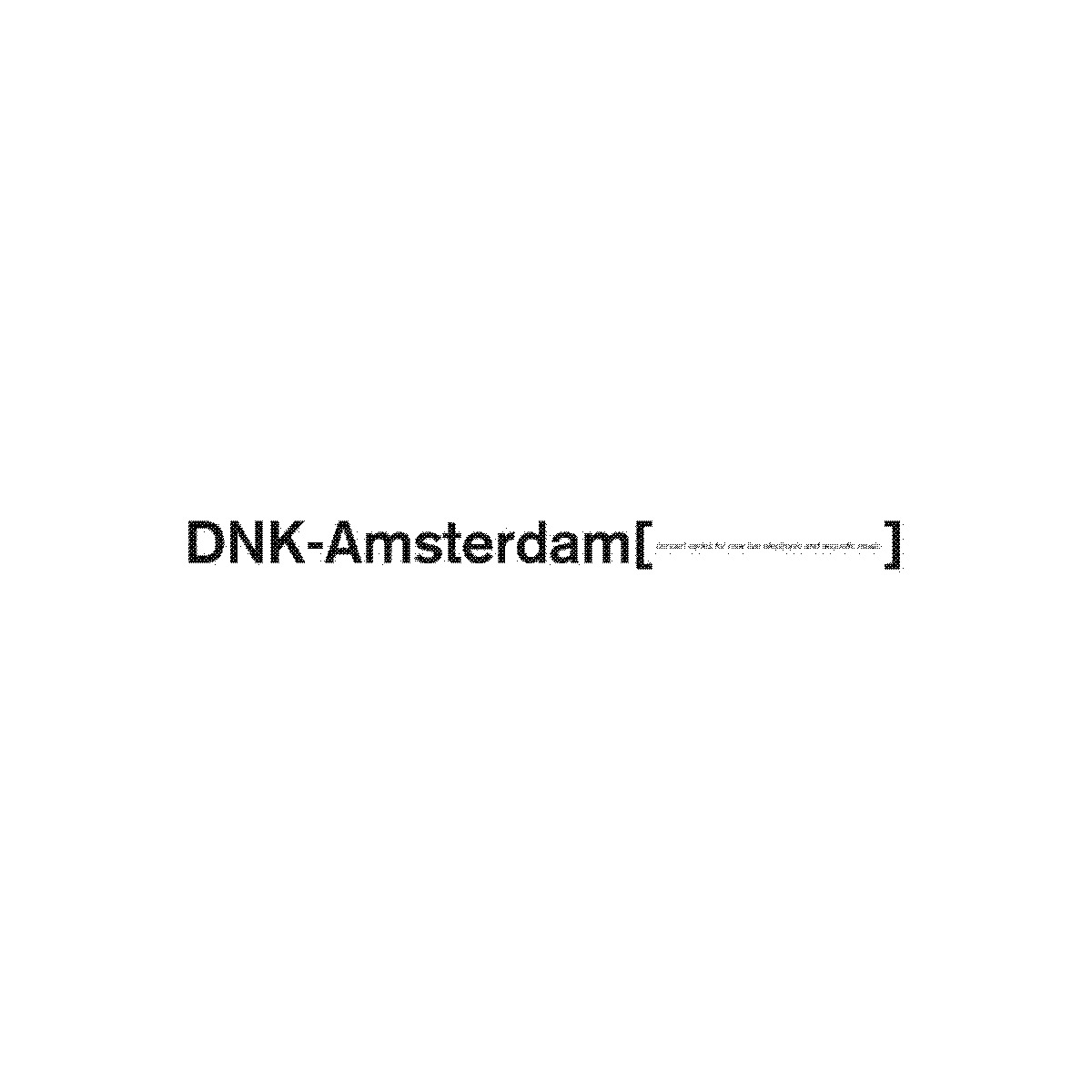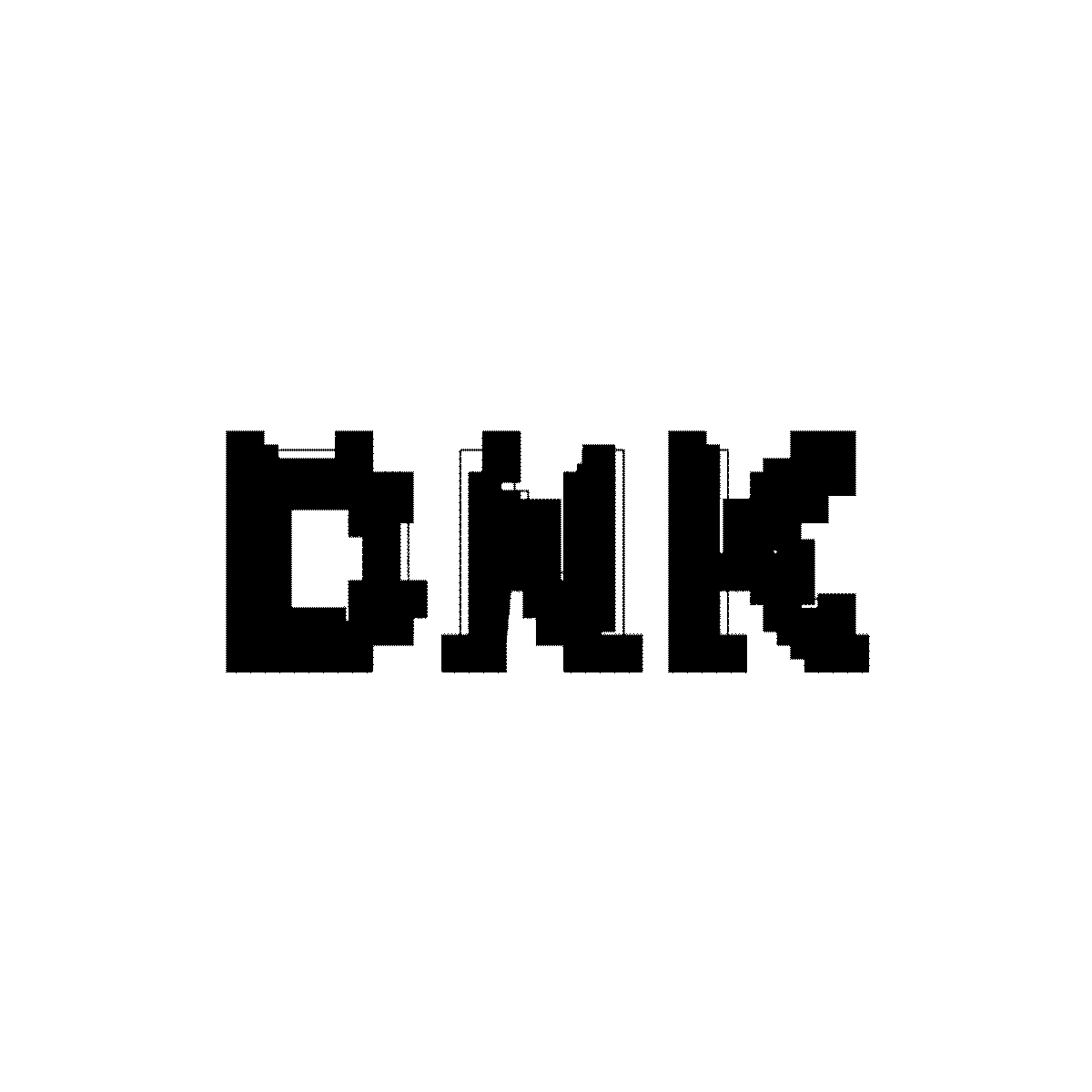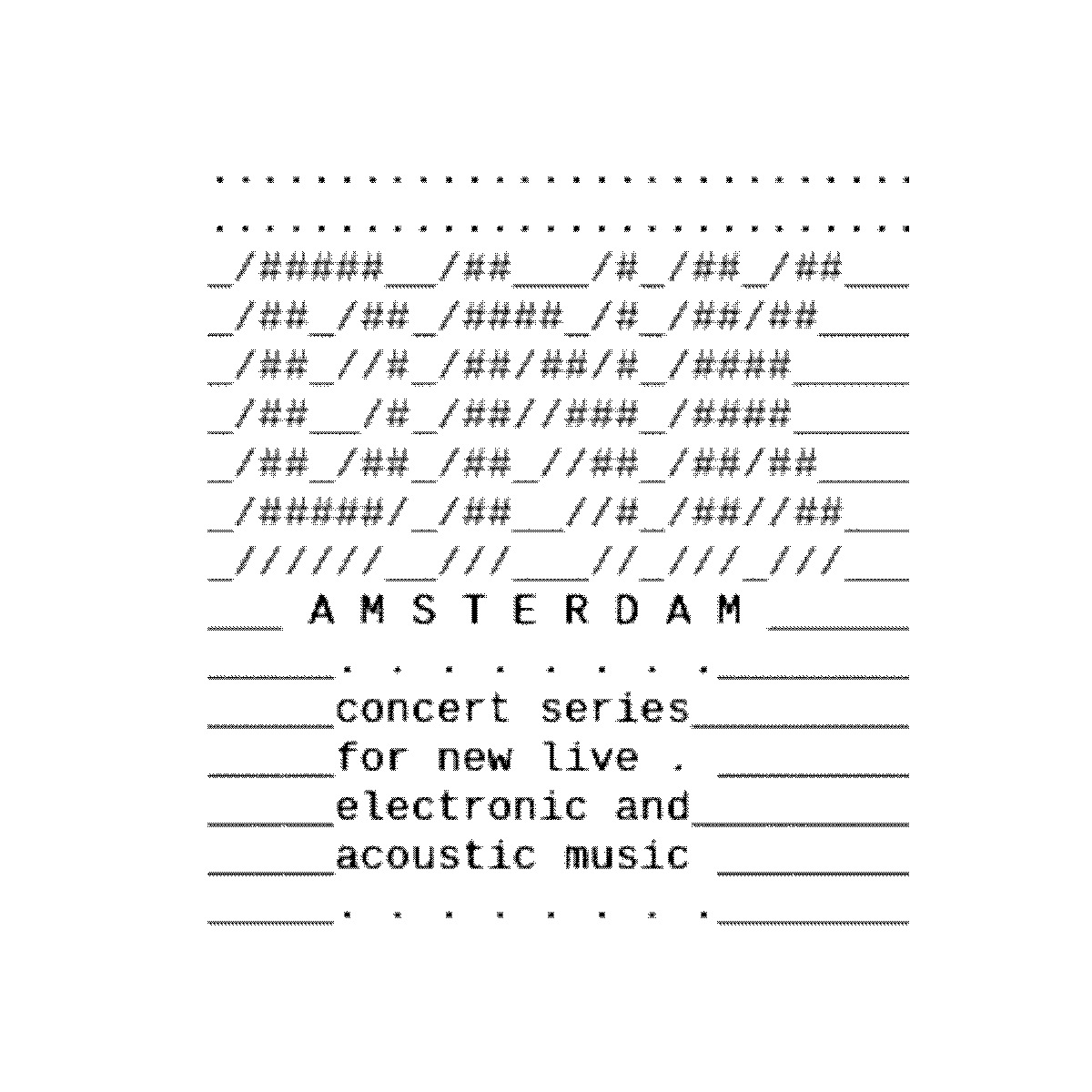SNDO presents: D.R.E.D.G.E. by Elisa Zuppini and Toni Steffens, in collaboration with musician Soraya Lutangu Bonaventure and SNDO 2 & 3. A program with guest appearances by Pauline de Groot and Thomas Lehmen.
D.R.E.D.G.E. 2025 is a work by Elisa Zuppini and Toni Steffens, created at the invitation of SNDO – School for New Dance Development. Over the course of a two-week workshop, they engaged with second- and third-year students, leading toward public presentations in December.
As part of the 50-year jubilee marking the founding of SNDO, Elisa and Toni entered into dialogue with Pauline de Groot, exploring her extensive choreographic oeuvre and its new life within the online archive (paulinedegroot.nl). During the Performing the Archive: Pauline de Groot Festival in November 2024 at Plein Theater—hosted and curated by Fransien van der Putt—they shared their initial explorations of Pauline’s choreographies. Extending this intergenerational dialogue between choreographers who share lineages and references yet diverge into their own distinct practices, SNDO invited Elisa and Toni to take the next step.
During the 50-year celebration in June 2025, Pauline performed a duet with fellow SNDO alumnus Thomas Lehmen. This meeting evolved into ongoing weekly movement practice sessions at the Academy of Theatre and Dance.
Lines and lineages of vigor and persistence—bodies and dances—will converge in two days of public presentations. The program features a duet by Pauline de Groot and Thomas Lehmen, followed by D.R.E.D.G.E., the choreography by Elisa Zuppini and Toni Steffens, performed together with 16 SNDO students. Costume and styling by Noam Gil Shuster.
Tickets
You can reserve tickets online here
D.R.E.D.G.E. explores possibilities for giving a body to both the friction and coalescence of different time zones interfering with one another. Revolving around the joy of dance, this process is an experiment in testing movement lineages and histories of practices.
SNDO – School for New Dance Development offers a full time four-year professional education course leading to a Bachelor’s degree in Art – Choreography. The school was founded in 1975 as an attempt to find new directions for dance next to the existing forms and styles that dominated the field. After fifty years, the SNDO remains inquisitive, open minded, and in the foreground of progressive developments in the fields of dance and performance. In the curriculum, the school establishes the conditions from which the creativity of the student can emerge. Reflection on the specific qualities of dance and performance as art forms is developed, and awareness of the body and the artistic, social and political implications of working with it take precedence. The SNDO is part of Academy of Theatre and Dance at the Amsterdam University of the Arts.
